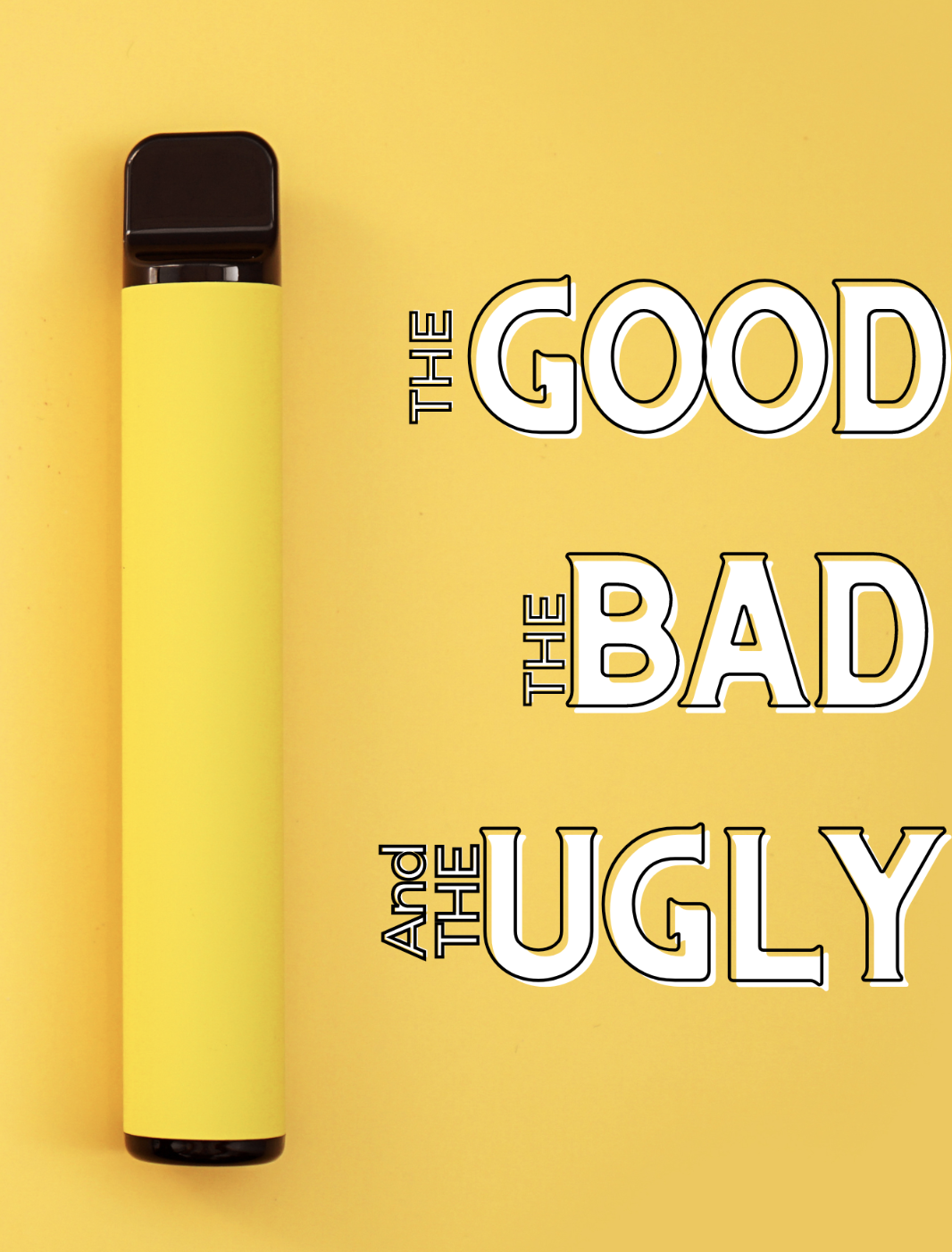Title: Consumer Opinions: What Do People Think About Disposable Vapes?
The vaping industry has grown exponentially over the past decade, with disposable vapes becoming a significant subset of this booming market. As with any emergent technology, consumer opinions regarding disposable vapes are varied and multifaceted. Let's delve into the complexity of these perspectives to understand what people really think about disposable vapes.
Understanding the Appeal of Disposable Vapes
Disposable vapes have attracted a substantial consumer base. Their appeal lies in their design simplicity, convenience, and affordability. They are compact, lightweight, and easy to use - often resembling the size and shape of a traditional cigarette, making them an attractive choice for smokers seeking a less harmful alternative or a cessation aid.
Many users praise their hassle-free nature - refilling e-liquid or recharging the device is unnecessary. Additionally, the variety of flavors offered by disposable vape manufacturers adds an enticing element that traditional tobacco products lack.
Disposable Vapes as a Smoking Cessation Tool
Some consumers view disposable vapes as a crucial tool in their journey to quit smoking. The 'throat hit' provided by these devices, coupled with the hand-to-mouth action, can mimic the experience of smoking cigarettes, making the transition easier for some individuals. Several users have reported successfully reducing or completely stopping their tobacco use, attributing their success to disposable vapes.
The Taste, Variety, and Social Aspects
Disposable vapes' wide array of flavors have not just been a novelty, but a key selling point. From fruity profiles to dessert-like flavors, users enjoy the ability to switch things up and keep their experience interesting. Some also appreciate the subtler scent of vapes compared to the strong, lingering smell of cigarette smoke.
Additionally, vaping has developed its own subculture, and some consumers are drawn to the sense of community it offers. Vaping enthusiasts often share experiences, recommend flavors, and discuss the latest products in online forums and social media platforms.
The Other Side of the Coin: Health Concerns and Regulatory Skepticism
Despite the positive feedback, many consumers express apprehensions regarding disposable vapes. A primary concern is the potential health implications. Although generally accepted as less harmful than traditional cigarettes, the long-term health effects of vaping remain largely unknown.
The high nicotine content in some disposable vapes is another source of concern. Some consumers fear merely replacing one form of nicotine addiction with another, less understood one.
Additionally, consumers often express skepticism toward the regulatory framework of the vaping industry. The inconsistency in regulations across different regions and the lack of long-term safety data contribute to a feeling of unease and mistrust among some users.
The Ethical Dilemma: Environmental Impact
An emerging critique of disposable vapes is their environmental impact. As single-use devices, they contribute to electronic waste, a concern for environmentally conscious consumers. This criticism has prompted some companies to introduce recycling programs, but many argue that these initiatives are not enough to offset the environmental cost.
Youth Appeal and the Fear of a New Generation of Nicotine Users
Another significant area of contention is the appeal of disposable vapes to the younger demographic. With their sleek designs, enticing flavors, and perceived 'cool factor,' there's a genuine concern about these devices attracting non-smokers, leading to a new generation of nicotine-dependent individuals. Parents, educators, and some young adults voice worries about how these products are marketed and their accessibility to underage consumers.
Conclusion
The consumer opinions surrounding disposable vapes are a complex tapestry of praise, critique, and uncertainty. On one hand, these devices provide a less harmful alternative for smokers and a potentially useful tool for smoking cessation. On the other, they present new challenges, including health concerns, regulatory issues, environmental impact, and the risk of youth appeal.

